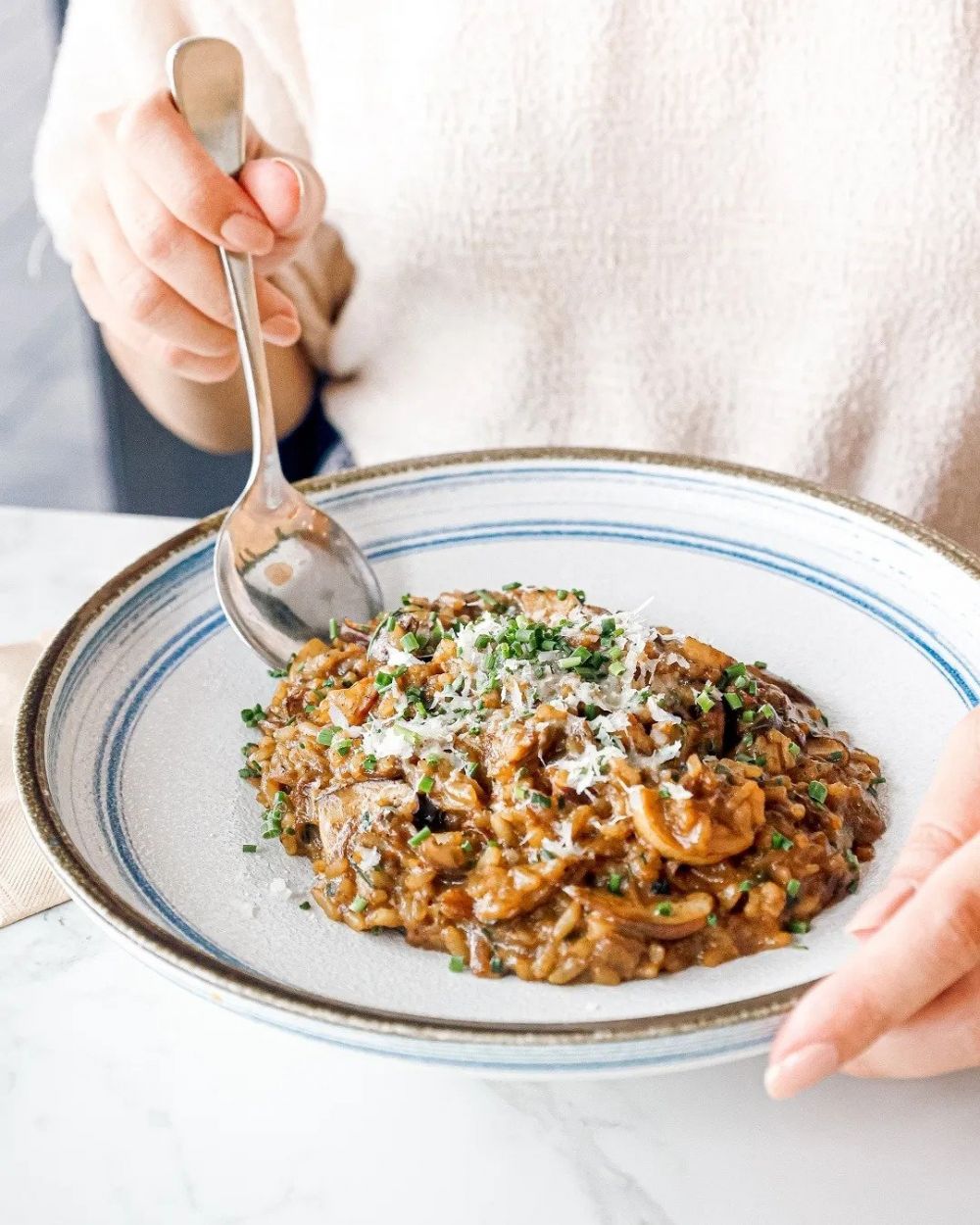How to Make Low-Cholesterol Mediterranean Food

Introduction
Imagine yourself on the sun-kissed shores of the Mediterranean, where the air is filled with the aroma of fresh herbs and the sizzle of olive oil. This is the essence of Mediterranean cuisine—a culinary tradition that not only tantalizes the taste buds but also nourishes the body. If you're looking to embrace a heart-healthy diet, Mediterranean food is the way to go. But how can you ensure that your Mediterranean dishes are low in cholesterol? Let's dive into the world of fresh ingredients, nutritious recipes, and the art of cooking with olive oil.
Understanding Mediterranean Cuisine
What Makes Mediterranean Food Heart-Healthy?
Mediterranean cuisine is renowned for its heart-healthy benefits. This is largely due to the emphasis on fresh ingredients such as fruits, vegetables, whole grains, and lean proteins. Olive oil, a staple in Mediterranean cooking, is rich in monounsaturated fats, which can help lower LDL (bad) cholesterol levels. Additionally, the use of herbs and spices instead of salt adds flavor without compromising heart health.
The Role of Olive Oil
Olive oil is the cornerstone of Mediterranean cuisine. It is used for cooking, dressing salads, and even as a dip for bread. The high content of monounsaturated fats in olive oil makes it a healthier alternative to butter or other oils high in saturated fats. When choosing olive oil, opt for extra virgin olive oil, which is less processed and retains more of its natural antioxidants.
How to Make Low-Cholesterol Mediterranean Food
Choosing the Right Ingredients
The first step in creating low-cholesterol Mediterranean dishes is selecting the right ingredients. Focus on fresh, whole foods such as:
- Fruits and Vegetables: These are the backbone of Mediterranean cuisine. Aim for a variety of colors to ensure a wide range of nutrients.
- Whole Grains: Opt for whole grains like quinoa, brown rice, and whole-wheat pasta instead of refined grains.
- Lean Proteins: Fish, poultry, and legumes are excellent sources of protein that are low in cholesterol.
- Nuts and Seeds: These are rich in healthy fats and can be used as snacks or toppings.
Cooking Techniques for Low-Cholesterol Dishes
Cooking techniques play a crucial role in maintaining the nutritional value of your ingredients. Here are some tips:
- Grilling and Roasting: These methods allow you to cook food without adding extra fat. Grill vegetables, fish, and poultry for a smoky flavor.
- Steaming and Poaching: These gentle cooking methods preserve the natural flavors and nutrients of your ingredients.
- Sautéing with Olive Oil: Use a small amount of olive oil to sauté vegetables and proteins. This adds flavor without excessive fat.
Sample Recipes
Grilled Vegetable Skewers with Lemon-Herb Dressing
Ingredients:
- 1 bell pepper, cut into chunks
- 1 zucchini, sliced
- 1 red onion, cut into chunks
- 1 cup cherry tomatoes
- 2 tbsp olive oil
- Salt and pepper to taste
Lemon-Herb Dressing:
- 2 tbsp olive oil
- Juice of 1 lemon
- 1 clove garlic, minced
- 1 tbsp fresh herbs (parsley, basil, or oregano)
Instructions:
- Preheat the grill to medium-high heat.
- Thread the vegetables onto skewers.
- Brush the skewers with olive oil and season with salt and pepper.
- Grill for 8-10 minutes, turning occasionally, until the vegetables are tender and slightly charred.
- In a small bowl, whisk together the dressing ingredients.
- Drizzle the dressing over the grilled vegetables and serve.
Mediterranean Quinoa Salad
Ingredients:
- 1 cup quinoa, cooked
- 1 cucumber, diced
- 1 cup cherry tomatoes, halved
- 1/2 cup Kalamata olives, pitted and sliced
- 1/2 cup crumbled feta cheese (optional)
- 2 tbsp olive oil
- Juice of 1 lemon
- Salt and pepper to taste
Instructions:
- In a large bowl, combine the cooked quinoa, cucumber, tomatoes, olives, and feta cheese.
- In a small bowl, whisk together the olive oil, lemon juice, salt, and pepper.
- Pour the dressing over the quinoa mixture and toss to combine.
- Serve chilled or at room temperature.
Tips for a Heart-Healthy Mediterranean Diet
Portion Control
Even the healthiest foods can contribute to weight gain if consumed in excess. Practice portion control by using smaller plates and bowls, and pay attention to serving sizes.
Hydration
Staying hydrated is essential for overall health. Aim to drink plenty of water throughout the day. You can also enjoy herbal teas and fresh fruit juices in moderation.
Regular Exercise
A heart-healthy diet goes hand in hand with regular physical activity. Aim for at least 30 minutes of moderate exercise most days of the week.
Conclusion
Embracing a low-cholesterol Mediterranean diet is not just about what you eat; it's about how you live. By focusing on fresh ingredients, nutritious recipes, and the art of cooking with olive oil, you can create delicious, heart-healthy meals that nourish both your body and your soul. So, why not bring a taste of the Mediterranean into your kitchen today? Your heart will thank you!
FAQs
What are the main ingredients in Mediterranean cuisine? The main ingredients in Mediterranean cuisine include fresh fruits and vegetables, whole grains, lean proteins like fish and poultry, olive oil, and a variety of herbs and spices.
How does olive oil help in lowering cholesterol? Olive oil is rich in monounsaturated fats, which can help lower LDL (bad) cholesterol levels and increase HDL (good) cholesterol levels.
What are some low-cholesterol cooking techniques? Low-cholesterol cooking techniques include grilling, roasting, steaming, poaching, and sautéing with a small amount of olive oil.
Can I still enjoy Mediterranean food if I have high cholesterol? Yes, Mediterranean cuisine is known for its heart-healthy benefits. By choosing the right ingredients and cooking techniques, you can enjoy delicious, low-cholesterol Mediterranean dishes.
What are some heart-healthy snacks in the Mediterranean diet? Heart-healthy snacks in the Mediterranean diet include fresh fruits, vegetables, nuts, seeds, and whole-grain crackers. These snacks are rich in fiber, vitamins, and minerals.

Belum ada Komentar untuk "How to Make Low-Cholesterol Mediterranean Food"
Posting Komentar